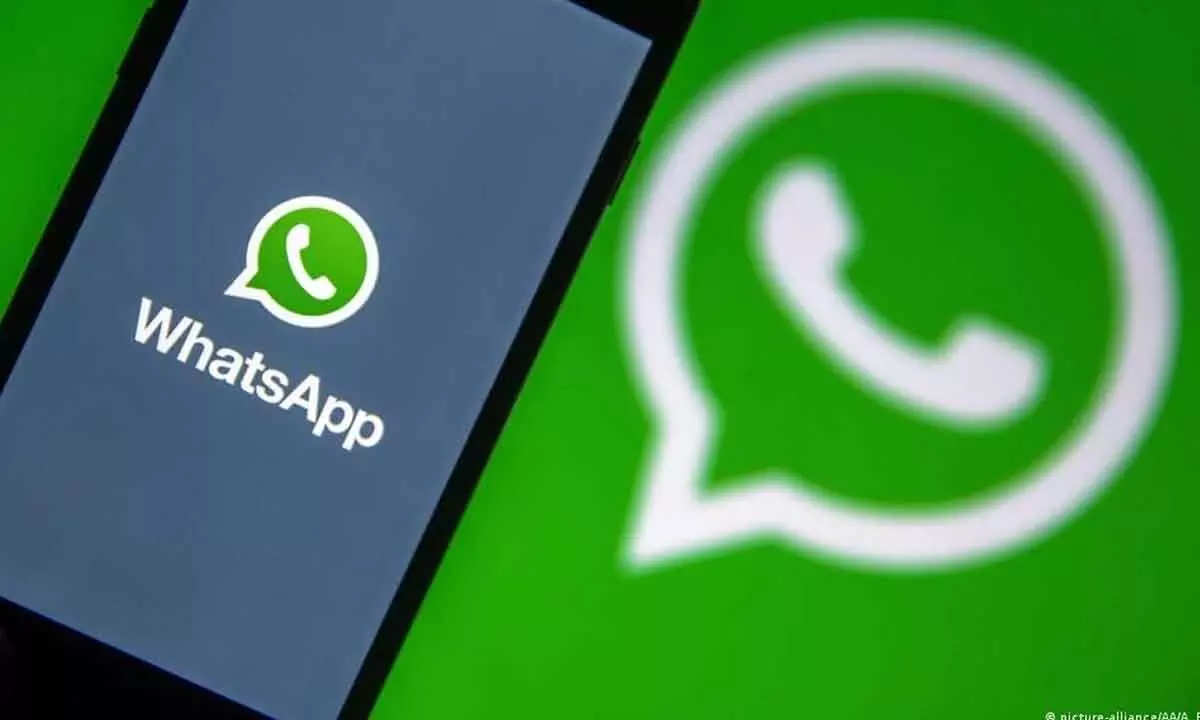
Facebook sets to expand its social media with voice and video calls including Messenger. The social media giant has already continued developing this feature and testing its Facebook app to feature video and voice calls. Remember, audio & video call tech originated from Facebook’s back end before Messenger claimed it all as a standalone app a decade ago.
Facebook introduced Messenger as its standalone app in 2011. At the time the social media giant has reportedly tweaked the Messenger app with most of its significant features from Facebook. Now, Facebook plans to restore the video and voice calls to feature on its custom app as well as being active on Messenger as a complete version.
Aside from tweaking its social media with video & voice calls, Facebook extended its expansion scheme across other products the social media giant has made such as Facebook’s virtual reality headsets Oculus. Instagram Direct Messages, and Portal video camera.
Messenger’s director of product management confirmed Facebook is testing voice & video calls to feature on its custom app (Facebook) likewise on Messenger. In the long run, Facebook will continue to receive more of Messenger’s features to make it whole again. Still, Facebook is yet to announce it intends to tweak its custom app with features moved from the Messenger app.
Although Facebook confirmed its custom app is receiving video & voice call tech. Facebook is also testing this feature for its users in selected countries. Still, Facebook did not disclose how video and voice calls will influence its user’s experience.
It’s worth noting that Facebook’s video & audio calls are limited at the moment whereby you will have to access the default Messenger app to use the complete feature of voice & video calls. Until Facebook completely developed this feature, Messenger controls the major aspect of this tool.
Facebook is a standalone app likewise is the Messenger app — it requires am interactive sessions of both apps while socializing on either of them. For context, while surfing Facebook, you are required to open the Messenger app to initiate a voice or video Chat — this autonomous method of socialising doesn’t attract much interaction.
Remember, Facebook still represents the parent company of its Messenger app and other social media including, Instagram, and WhatsApp. Just as Messenger is a standalone app, Facebook integrated Instagram direct messages and Messenger to function as a pair.
This has reportedly encouraged critics to share biased ideas about Facebook interacting as a standalone app. But these ideas have failed to understand the unification of Facebook’s products which bonds its social services better and is difficult to split.
Discover more from TechBooky
Subscribe to get the latest posts sent to your email.















